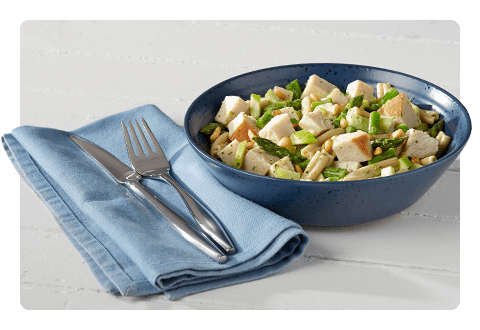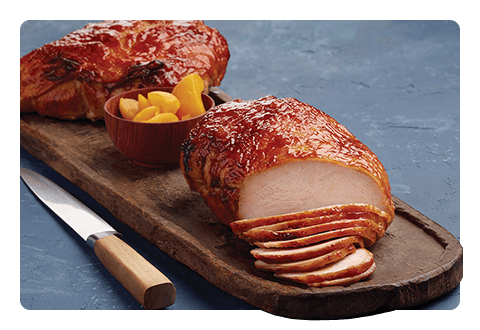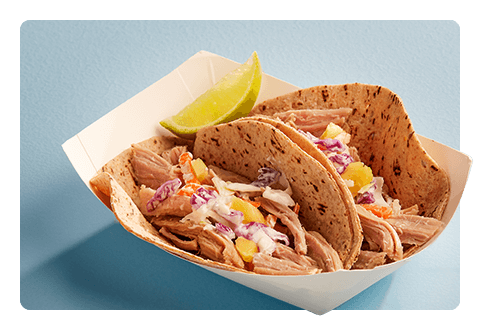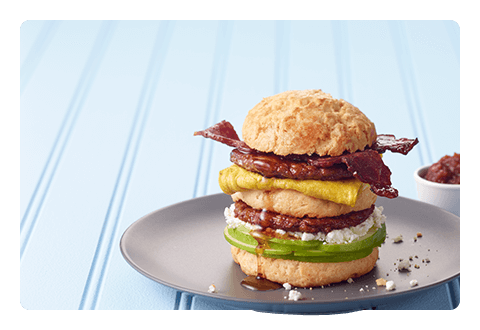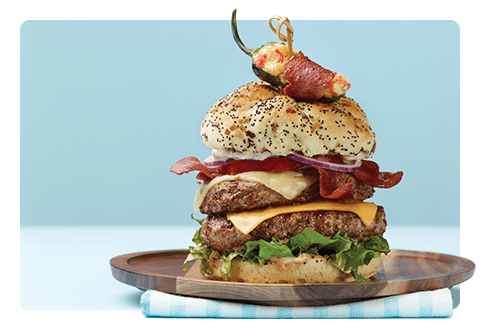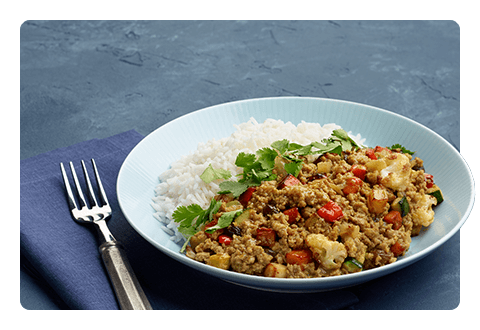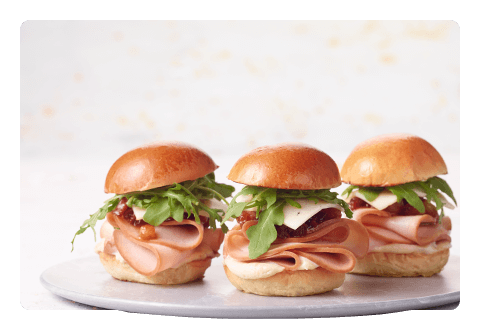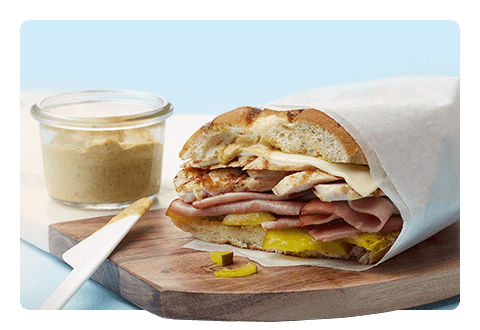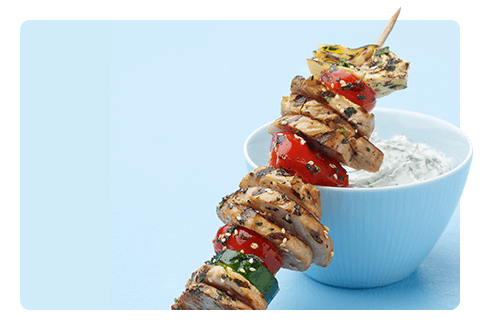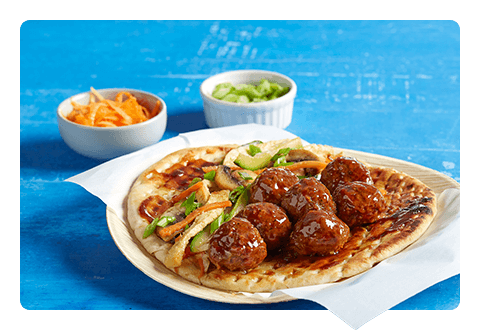How Meat Still Wins on Menus
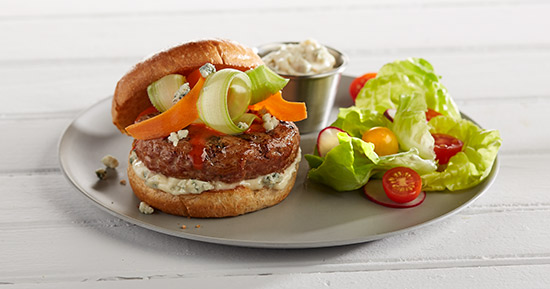
If headlines were any indication, you’d think that alternative meat dishes were a must-have for any menu. But consumer demand tells a different story. The percentage of diners looking for plant-based meat alternatives varies across regions, but only 10% say they regularly opt for such dishes. So, while there is no denying that plant-based foods are having a moment, conventional meat is still a required menu option to appeal to the majority of diners.
The bottom line is that there are more tastes and preferences than ever before, and a balanced menu is important for accommodating all of them. As a result, when it comes to including meat substitutes, operators should consider adding to existing proteins rather than replacing them.
When considering the full range of proteins offered on your menu, it’s important to choose ones that align with customer preferences. Seventy percent of consumers order turkey occasionally, regularly or whenever on the menu. It’s also a protein that appeals to multiple generations; 71% of boomers would like to see more turkey sandwiches on the menu, 50% of millennials would like to see more turkey burgers and 49% of younger millennials would like to see more turkey entrées.
As diners choose their meals with their health in mind, turkey can help them reach their wellness goals. According to Datassential, nearly 60% want to improve their health or lose weight in the new year. One serving of turkey provides 50% of the daily value of lean protein on top of its benefits as a functional food. It contains all the B vitamins and is particularly high in B3, B6 and B12, and also includes minerals like selenium, zinc, phosphorus and iron that can help health-conscious patrons dine with confidence.
While often times plant-based meat alternatives are perceived as being healthier than real meat, that’s not always the reality. Turkey is natural, whereas plant-based alternative burgers are made in a lab and some can have as many as 20 ingredients, including things like soy protein concentrate and soy leghemoglobin. They’re also highly processed. In contrast, Butterball Turkey Burgers have fewer calories, less fat, less carbs and more protein than the most well-known plant-based alternative meat burgers, based on a 4 oz serving.
Another advantage of turkey is that it’s a canvas that brings to life any kind of cuisine diners are looking for. Nearly half of consumers say that turkey with innovative flavors or made using unique preparation methods would entice them to order more of it.
Try these delicious turkey recipes to boost sales with creative, better-for-you options:
- Kung Pao Turkey Salad: an Asian-inspired delicacy featuring house-made Kung Pao sauce.
- Buffalo Turkey Burger: a burger twist on a classic, topped with celery slices, ranch dressing and Buffalo sauce.
- Moroccan Spiced Turkey Sandwich: a spice-infused entrée sweetened with honey and apricots.
How do you appeal to meat eaters as plant-based alternatives grow popular? Let us know on Facebook or LinkedIn. To find more menu inspiration, check out our recipes.
SOURCES
All-Powerful Turkey, Butterball, 2019.
COVID-19 Report 43: Optimistically Cautious, Datassential, January 2021.
The Importance of Turkey in Food Away From Home, Butterball, 2019

